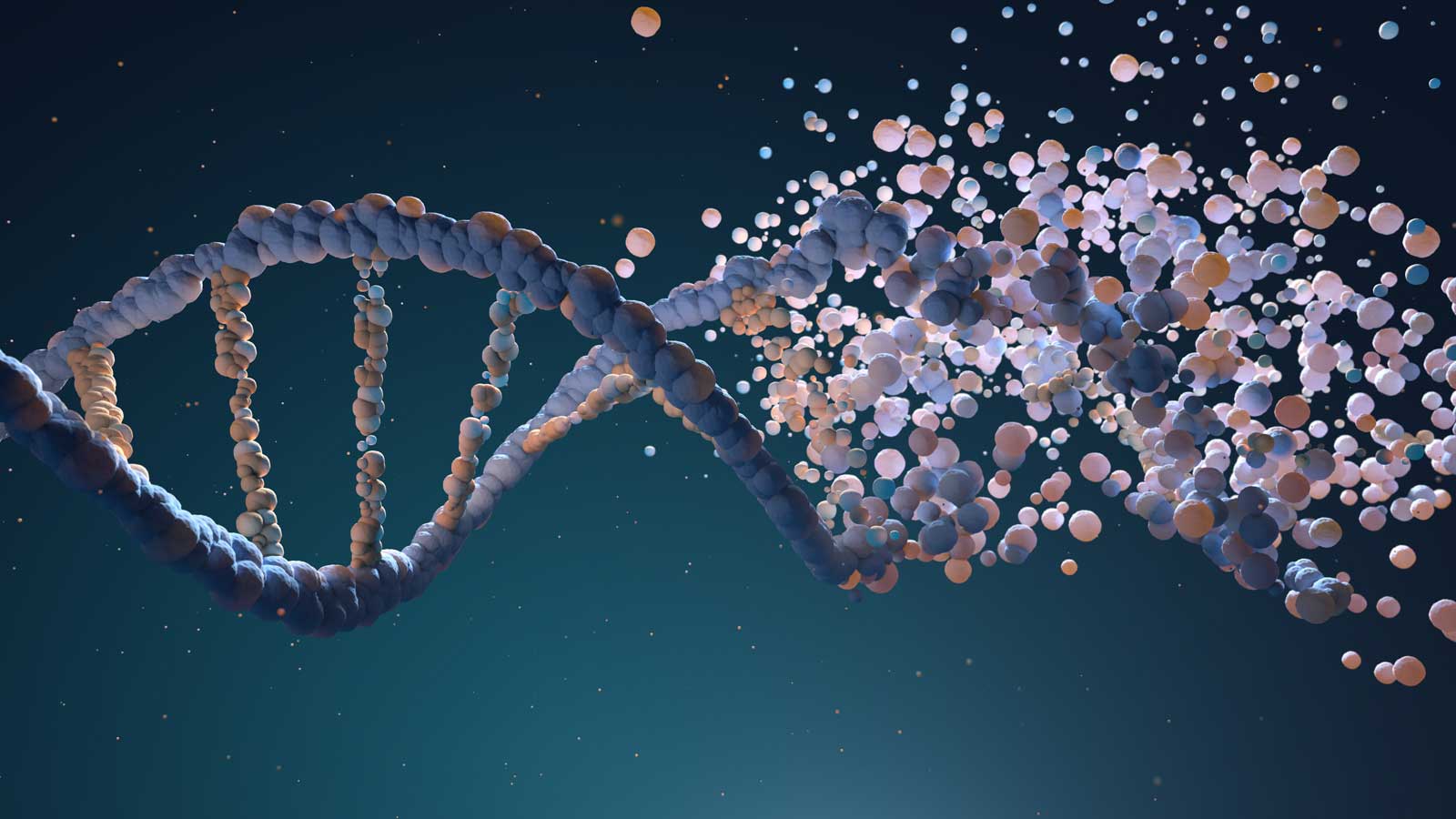A full assessment of thyroid function can be determined by looking at various blood markers such as TSH, T4, T3, and thyroid antibodies. However, many patients may only have one marker tested and are told their thyroid function is normal despite experiencing symptoms of thyroid dysfunction. This article aims to teach patients how to interpret their thyroid function test results, to better communicate with healthcare providers, and have a greater understanding of their health in general.
-
Thyroid Stimulating Hormone (TSH)
- TSH is produced in the brain to stimulate thyroid hormone production
- TSH production depends on the amount of active thyroid hormone in the blood
- Too little thyroid hormone leads to increased TSH, while too much thyroid hormone leads to decreased TSH
- The goal is to have enough TSH to ensure adequate stimulation of the thyroid for healthy thyroid hormone levels
-
Free T4 (T4)
- T4 is the main hormone produced by the thyroid in response to TSH
- T4 is converted to T3 in cells
- A deficiency in iodine, autoimmune thyroid disease, heavy metal exposure, or chronic disease can reduce T4 production
- Low T4 levels may require thyroid hormone replacement therapy
-
Free T3 (T3)
- T3 is considered the active form of thyroid hormone
- Conversion of T4 to T3 requires numerous nutrients such as selenium, zinc, iodine, iron
- TSH represents how the brain is communicating with the thyroid; T4 tells us how much thyroid hormone is being produced, and T3 tells us how well that thyroid hormone is being converted into its active form
-
Reverse T3 (rT3)
- rT3 is considered biologically inactive and produced when T4 is converted to T3
- Stress, inflammation, starvation, fasting, and chronic disease can increase rT3 production
- Increased rT3 levels can reduce T3 levels despite sufficient T4
-
Thyroid Antibodies
- Thyroid antibodies can attack thyroid tissue, causing damage and inflammation
- Raised levels of thyroid antibodies are associated with autoimmune diseases such as Hashimoto’s disease and Graves’ disease
- Different types of thyroid antibodies affect thyroid hormone production in various ways, requiring appropriate monitoring and treatment
-
Thyroglobulin
- Thyroglobulin is a protein produced by the thyroid to store thyroid hormones
- It is not commonly tested as part of thyroid function assessment but evaluated in patients who have undergone treatment for thyroid cancer
A full thyroid function assessment helps identify thyroid dysfunction and its underlying causes. TSH is the most common marker tested, but only represents a piece of the puzzle. Patients who understand and interpret their thyroid function results can better communicate with their healthcare provider and be more informed and proactive in their healthcare.








